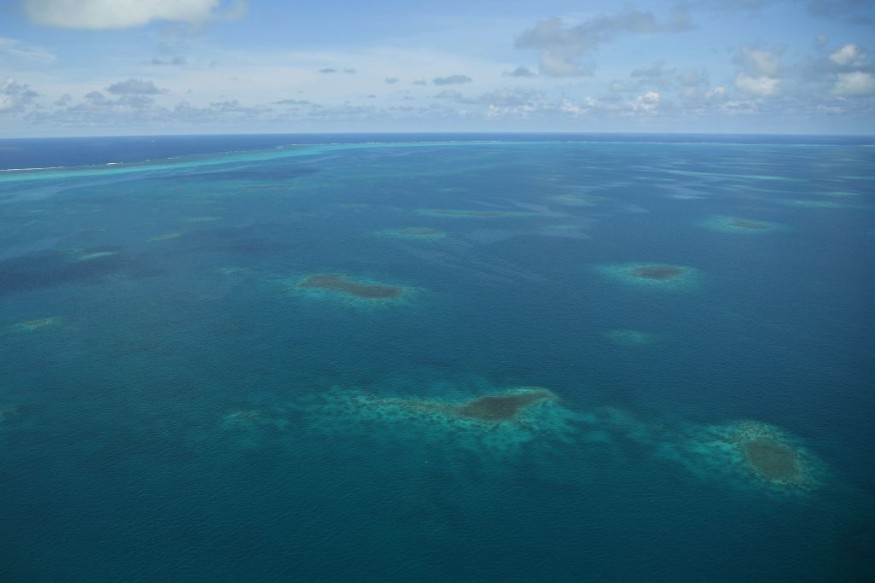The latest research warned that the South China Sea's climate change can influence the global weather pattern. People can witness more frequent drought and rain, making it more challenging for communities and wildlife.
The impacts of climate change have significantly threatened oceans, wildlife and communities. It can intensify temperatures, affecting corals and the weather patterns.
Extreme weather events can become challenging for cities to prepare for. Frequent shifts from flooding rainfall to widespread drought can affect food and water security.
Meanwhile, the rapid rise in ocean temperatures can result in deadly heatwaves and ice melt. As a result, mitigation of emissions is crucial to address the problems of climate change.
South China Sea Climate Change Impacts

Researchers studied the impacts of climate change on weather conditions, warning of potential changes in global weather patterns. The findings were published in the Ocean-Land-Atmosphere Research that monitors
The report highlighted the rapid warming in the South China Sea that can help unleash stormy weather conditions. Understanding the climate change impacts can offer new knowledge about climate mitigation and adaptation.
In addition, the effects can have global scale aftermath. Climate change can provide more energy for powerful storms, heat and drought. Dry vegetation can trigger challenging weather and wildfire threats.
Communities should have improved weather prediction to forecast and anticipate potential extreme weather events. The study is also helpful for future researchers to unravel the implications of climate dynamics.
The risk of storms can damage homes and infrastructures, especially in poorer communities or flood-prone areas. Flooding can also damage the crops of farmers which can affect food security.
Meanwhile, moderate to extreme drought can cause a water crisis that can lead to an environmental problem or concern.
Ocean Heating And Coral Reef System
In the latest NWN report, coral reefs have suffered from the following:
- Climate change
- Pollution
- Global warming
- Diseases
Researchers discovered that corals managed to adapt to rising temperatures. However, climate change caused the widespread loss and decline of corals. Massive coral bleaching is devastating to corals' health and survival.
Marine heatwaves made it more difficult for corals to thrive. The report monitored the corals near the Kaneohe Bay in Oahu. When burned fossils exacerbate, the bleaching will likely become more common.
In Florida, researchers have been finding ways to save corals from decline due to warmer temperatures. Although some corals have acclimatized, most corals still struggle to live against challenging temperatures.
Related Article : US Forests Face Declining Productivity and Carbon Sequestration Under Climate Change
For more similar, don't forget to follow Nature World News
© 2025 NatureWorldNews.com All rights reserved. Do not reproduce without permission.





